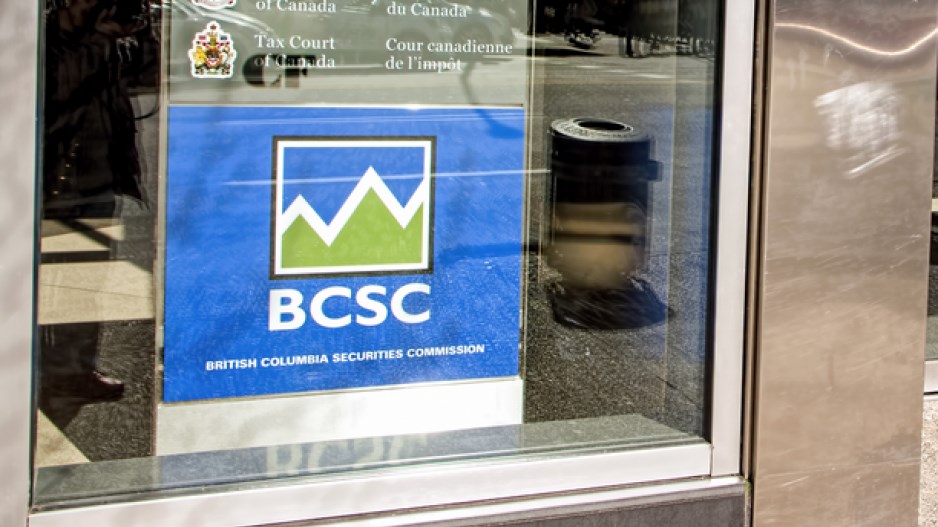Former Victoria investment advisers David Michael Michaels and Ian Thow may have trouble getting new driver’s licences or renewing vehicle insurance if they don’t pay fines owing to the B.C. Securities Commission.
The commission says anyone who hasn’t paid fines related to investment misconduct is at risk of losing their vehicle insurance, renewal of a driver’s licence or plates.
It says in a statement that Canada’s first such law, passed in B.C. in 2019, has now come into effect, giving the commission powers to block driving privileges if the amount owed is $3,000 or more.
Michaels, who defrauded investors of more than $40 million, owes the commission $22.1 million, while Thow, who was found guilty of defrauding 20 clients of $8 million, owes $250,000.
In total, more than $550 million is owed to the commission through sanctions issued since 1987. According to the commission, it has not taken action to collect on some of those debts because in some cases, the debtor is in jail, deceased or is subject to court-ordered restitution.
Commission CEO Brenda Leong says the consequences would affect daily life for people whose actions harm investors and capital markets.
Financial sanctions can be ordered by a commission panel or a court when either has determined an individual violated the Securities Act.
The commission says individuals could also be ordered to pay the amount they obtained through their misconduct, which would then be paid to investors who suffered financial losses.
It says all monetary sanctions are registered with the Supreme Court of British Columbia, giving it the same force as if it issued a judgment.
According to the commission, any money it gets needs to be made available to investors, who can then make a claim. Any money left after investors are paid can be used for investor education or for enforcing the Securities Act.




